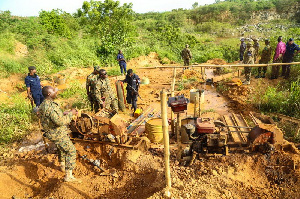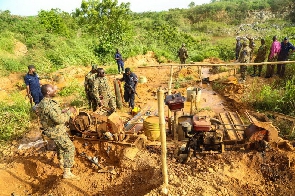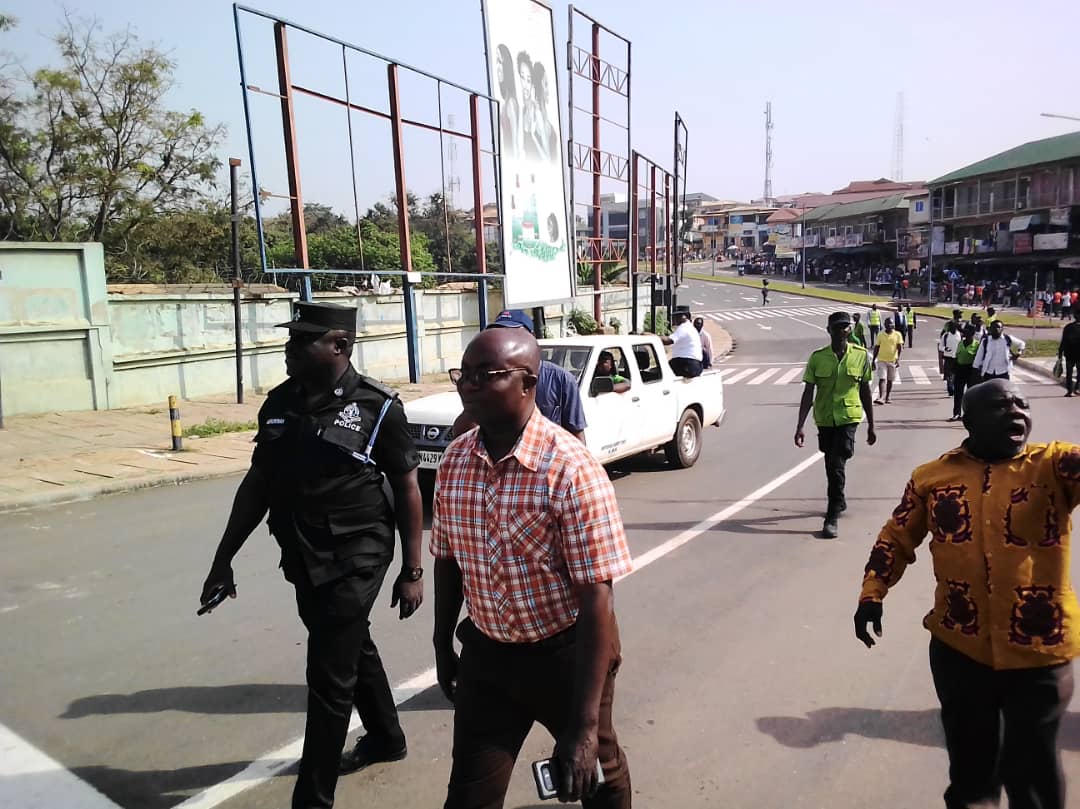Galamsey menace stoking new HIV infection rate — Dr Atuahene

The galamsey menace can contribute to new HIV infections and further undermine progress towards the elimination agenda, Dr Kyeremeh Atuahene, the Director-General of the Ghana AIDS Commission, has said.
He said a recent study that assessed the impact of natural resource extraction projects on HIV transmission risks in local communities in 16 sub-Saharan African countries including Ghana indicated that mining operations increased the odds of HIV infection almost two-fold and that the strongest effects were seen in 20-29-year-olds.
Dr Atuahene made this known at the national durbar organized by the Ghana AIDS Commission (GAC) to commemorate the 2022 World AIDS Day and the Commission’s 20th anniversary.
It was on the theme: “20 Years of a Multi-Sectoral HIV Response: Accelerating Progress to End AIDS.”
He said the study also revealed that the opening of new mines was associated with increased risky sexual behaviors, such as having multiple sex partners, high-risk sexual partners, and unprotected sex with high-risk partners.
“These findings by Dietler and colleagues should strengthen our resolve to end this menace in the country,” he added.
Dr Atuahene stressed the need for the expansion of HIV programmes in mining communities to cover miners including galamseyers and women to prevent new infections in those places.
He said the GAC was working with the Chamber of Mines and stakeholders in the mining communities to strengthen research and HIV service delivery.
As of December 2021, the estimated population of HIV-positive persons in Ghana was 350,000, with only 71 percent being identified.
Out of the figure, over 245,000, representing 99 percent, were in treatment as of June this year.
A survey conducted by the GAC also indicated that the prevalence of the disease was higher in men who had sex with men, female sex workers, and those who had Sexually Transmitted Infections.
The Director-General emphasised the need for prompt action to curb the rising number of new infections.
“It is up to every person to take responsibility for protecting him/herself from HIV infection by adopting protective behaviours such as partner reduction, correct and consistent use of condoms and testing for HIV and other sexually transmitted infections.
“Knowing your HIV status is an important part of effective HIV prevention. So, test and know your HIV status, he said.
Dr Atuahene also noted that despite the government’s efforts to reduce HIV/AIDS disease, stigma and discrimination hampered the national campaign against the virus.
CLICK HERE TO DOWNLOAD PRESS RADIO MOBILE APP
Civil Society Organizations and Development Partners commended the GAC for the strategies and interventions to fight the disease and reiterated the need for government to re-activate the HIV and AIDS fund to enhance domestic resource mobilization.
Source: GNA







